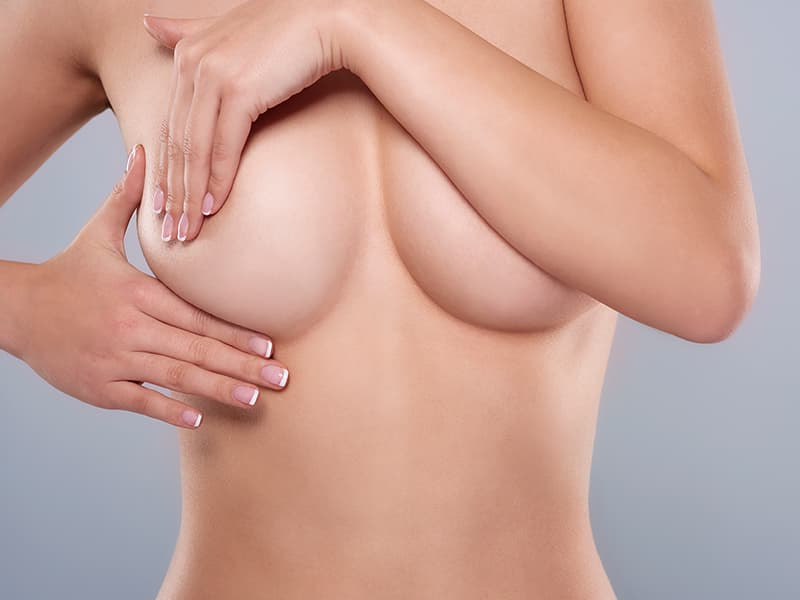MYTH: Eating soy products increases the likelihood of breast cancer recurrence in patients diagnosed with hormone receptor-positive breast cancer.
FACT: Research on soy has been conflicting over the years. Soy has the capacity to mimic estrogen. Generally, natural soy in forms like soy milk, soybeans, and tofu is safe. However, concentrated forms of soy such as pills, powders, and supplements have the strongest potential for estrogenic activity and should probably be avoided by anyone diagnosed with hormone receptor-positive breast cancer.
MYTH: If my BRCA1 or BRCA2 genetic mutation test is positive, I should have a bilateral mastectomy.
FACT: Women with a BRCA mutation have an increased risk of developing breast cancer in the second breast, and many prefer to undergo a bilateral mastectomy as a preventive measure. However, having a BRCA mutation does not mean a mastectomy is required. Women with a BRCA mutation are good candidates for breast-conserving surgery, and most breast cancer patients choose this treatment option. Women with a BRCA mutation and breast tissue should be closely monitored, and breast cancer screenings should be done thoroughly.
MYTH: Deodorants contribute to the onset of breast cancer.
FACT: This is completely false! No evidence has been found to support this claim.


MYTH: I had a mastectomy, so the risk of breast cancer recurrence is now gone.
FACT: Bilateral mastectomy significantly reduces the likelihood of breast cancer recurrence. The chances of residual breast tissue or cancer cells recurring on the chest wall are minimal. However, it is important to continue with self-breast examinations. Consult your doctor regularly for exams, and report any changes in the breast to your doctor. If you had a unilateral mastectomy, you still carry a risk of developing breast cancer in the other breast. Annual mammograms for the remaining breast are important for detecting any breast changes.
MYTH: I will stop having mammograms after a unilateral mastectomy.
FACT: After breast cancer surgery, annual mammograms are still strongly recommended.
MYTH: I should eat an organic diet to reduce my chance of getting cancer again.
FACT: A balanced diet with fresh fruits and vegetables always helps in recovery and prevention. Eating organic fruits, vegetables, and meats is a good idea to limit exposure to pesticides and hormones added to meats. However, there is no scientifically proven link between the consumption of non-organic foods and an increased risk of breast cancer.
MYTH: I had breast cancer treatment in the past, so I should not get pregnant.
FACT: Pregnancy after early-stage breast cancer has not been shown to affect breast cancer recurrence or survival. It is recommended to wait until all cancer treatments (including endocrine therapies) are completed before trying to get pregnant. There is no magic formula for the ideal time to become pregnant after treatment. You should work with your doctor to make the best decisions for you and your family.





